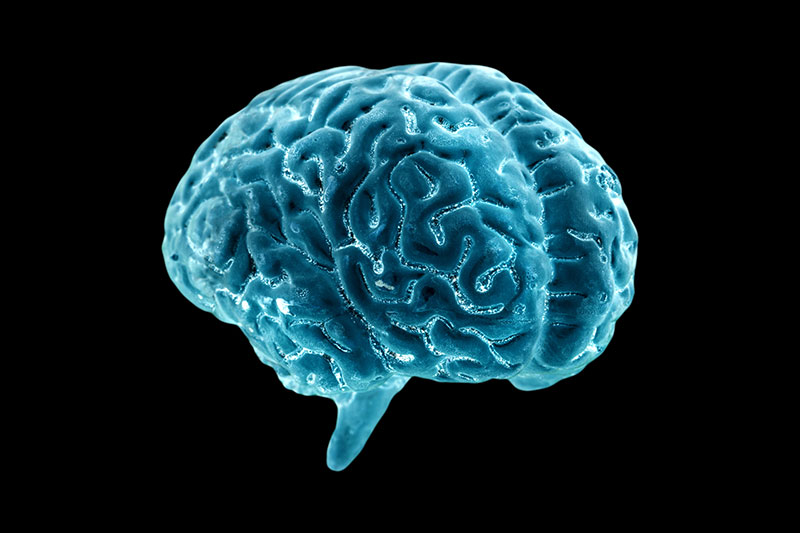October 4, 2019 (The Lancet)
A recent study from The Lancet has complied research to better understand menopausal hormone therapy (MHT) and its relationship with breast cancer risk.
MHT is popular in western nations, with around 600 million female users since 1970, yet research on its relationship with breast cancer risk is inconsistent and research on its long-term effects is limited.
This study, funded by the Cancer Research UK and the Medical Research Council, used epidemiological evidence from 108,647 postmenopausal women that developed breast cancer to fill in the gaps of previous research and better understand the connection between MHT and breast cancer risk. Of these women, 51% had used or were currently using MHT.
Upon diagnosis, average MHT use was around 10 years for current users and 7 years for past users. In addition, every form of MHT type expect for vaginal oestrogens was linked to an excess breast cancer risk, and this risk increased steadily as time using MHT increased.
Furthermore, among current MHT users, excess breast cancer risk was twice as great when MHT had been used for over 5 years, and even more so for those with daily oestrogen use. For those that stopped MHT use, excess risk for breast cancer could last up to 10 years, with the magnitude dependent about the time they used MHT.
Overall, this study provides a greater exploration into the relationship between MHT and breast cancer risk, and further research should be done to see if these associations are causal.
















Leave a Reply